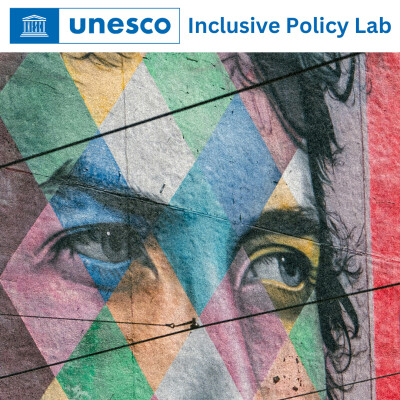Description
Sudip Parikh, CEO of the American Association for the Advancement of Science and Executive Publisher of the Science journals, talks to us about major trends in science and how they affect us all. He begins by saying that populism and polarisation are taking hold of science. Belonging to a group – be it political, faith-based or any other – becomes more important than the truth and scientific fact. Taking refuge in the laboratory and its rationality is no longer an option. Science needs to tailor its communication to the publics and, importantly, to step up its engagement with policy. That is not a zero-cost shift. Concrete incentives are needed not only to trigger the right reforms in our traditional structures of science and government, but also to counteract current incentives for active disinformation. And, more than ever, social sciences need to help us navigate the trends and understand the experiments run on global populations in real time.
How all this is to be achieved? Find out in his discussion with Gabriela Ramos, UNESCO’s Assistant Director-General for Social and Human Sciences.
Hosted on Ausha. See ausha.co/privacy-policy for more information.






